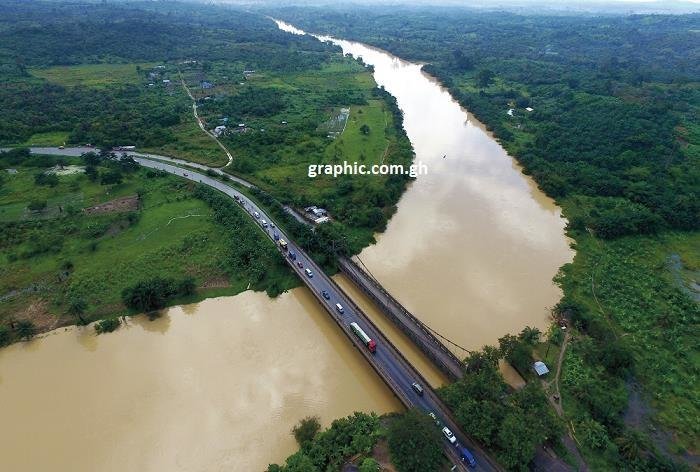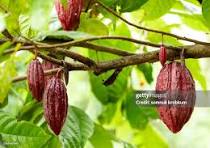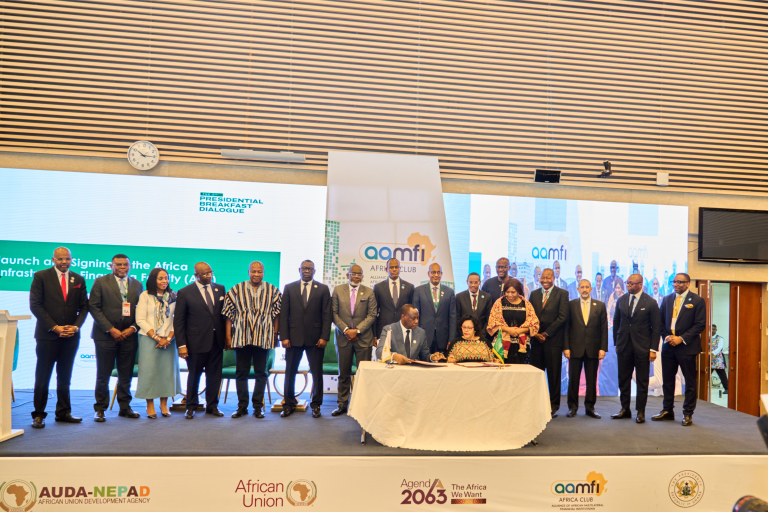Editorial Comment
As Ghana bade farewell to mortal remains of the rest of the six out of the eight fallen heroes last Friday, Ghanaians need to reflect soberly on this question-what was their mission that day and most unfortunately they couldn’t even reach their destination as fate had it?
It was in connection with the planned official launch of the Responsible Mining & Skills Development Programme(rCOMSDEP) a government initiative intended to create sustainable jobs through responsible cooperative mining and also address the decades long devastating impact of illegal mining on the country’s aquatic and terrestrial ecosystems.
Aim and Objectives
The programme is fundamentally designed to achieve sustainable transformation through three critical objectives:
- Promote and regulate environmentally responsible cooperative mining
- Restore lands degraded by illegal mining for productive use in agriculture, forestry and other income generating activities
- Provide vocational, technical, agricultural, digital and entrepreneurship training to youth and women equipping them with relevant shills for alternative employment and self-employment
Indeed, mining is a science and a business that ought to be based first, on conscious efforts to acquire the requisite and adequate technical and managerial skills as well as, fair knowledge of industry ethics and best practices that do apply.
To this end, the best tribute that we can individually and collectively as a nation pay our fallen compatriots is, a united national common front and dedicated stakeholder participation in the programme to ensure its success in the supreme national interest. Jobless youth and women in mineral deposits rich communities some of who simply victims of circumstances deserve better.
The dedicated and unflinching support from our traditional rulers,Civil Society Organisations(SCO),Community Based Organisations(CBOs),Policy Think Tanks,Youth Groups,Non-Governmental Organisations(NGOs) among others would be an invaluable input towards the success of the programme.
It is crucial to at this point in time, leverage our core competencies and collective national strength to ensure we close this chapter of ecological and environmentally destructive and unsustainable model of natural resources exploitation in our Artisanal and Small Scale Mining landscape.
It high time Ghana also fully embraces the paradigm of eco-friendly, responsible and sustainable mining otherwise termed,”Green Mining” which has since been adopted and practiced in other parts of the world with particular reference to China, Russia, etc.
We need a national natural resources exploitation paradigm that strikes a meaningful balance between wealth creation on the one hand, and ecological and environmental health on the other. Polluting water bodies and destruction of arable land and forest cover may yield revenue temporarily but it doesn’t only come with a heavy price but also unsustainable.
The Justification and Urgency
Various independent research findings reveal that, over 60% of Ghana’s river bodies have been impacted by illegal mining activities. This widespread pollution has turned once clear rivers a murky brown and resulted in contamination with mercury and other heavy metals.
The pollution is particularly severe in the south Western part of the country, where the Ankobra and Pra rivers, along with their tributaries like Offin, Birim, and Oda, are heavily affected. The Tano and Bia rivers are also impacted.
The contamination of these river bodies has led to significant environmental and health consequences, including:
- Water contamination:The rivers are polluted with heavy metals like mercury, making them unsuitable for drinking and irrigation.
- Farmland damage:Chemicals used in mining are affecting thousands of acres of farmland.
- Reduced water supply:The Ghana Water Company has reported a 75% reduction in clean water supply due to the pollution, impacting hundreds of thousands of residents.
- Health risks:The chemicals can cause damage to lungs and other health issues.
- Loss of livelihoods:The pollution threatens the livelihoods of communities that rely on the rivers for fishing and agriculture.
The relevance and importance for introducing the (rCOMSDEP) can therefore be appreciated against this background.
We of the Eco-Enviro News, Africa magazine firmly are of the view that, the impact of the practices associated with illegal mining constitutes a national existential threat. The immediate victims are dwellers of mineral resources rich communities and with particular reference to the youth, women and children who serve as labour at illegal mining sites just to earn a living albeit, as a last resort.
We also take due cognizance of the fact that, pollution of our water bodies and destruction of farmlands constitute an immediate, medium to long term food, water, nutrition and health security risk to all Ghanaians irrespective of our political, ethnic, religious and cultural lines.
Green Mining Adoption Proposal
We also wish to propose that, government consider coming out with a well crafted and thought out, “National Green Mining Policy Framework” for the entire mining sector ,both large and small operators.
Green mining, also known as sustainable mining, involves using innovative technologies and practices to minimize the environmental impact of mining operations. It focuses on reducing waste, conserving energy and water, and mitigating pollution, all while ensuring the long-term availability of mineral resources. Essentially, it’s about finding a balance between economic extraction and environmental responsibility
Within the context of the policy , players in both large and small scale sectors should be sensitized and educated about green mining principles and standard best practices. Special Incentives for industry players to encourage them adopt green mining practices leveraging research and innovation driven technological solutions too would be a lot more useful.
This in view of the fact that,illegal small scale miners aren’t the only polluters of river bodies in this history of Ghana’s mining sector.Large scale miners with particular reference to some multinational mining giants too had been found complicit of polluting some water bodies within the late 80s-90s, the period that was termed ,”Ghana’s Mining Boom”.It would therefore be most appropriate to take into account the cumulative impact and effect of both legal large scale and illegal small mining in mineral resource rich areas of the country.
Greening mining ensures reduction of the negative impact of mining on our aquatic and terrestrial ecosystems and the environment at large, to the barest minimum. Industry players in Ghana’s large and small scale mining sector could consider adoption of alternative eco-friendly mining solutions to be part of their Corporate, Social Responsibility(CRS) activities.
Green Mining Tools Snap Shot
Use of harvested rain water with recycling set up, for mining in place of water from river bodies, eco-friendly, mercury-free gold mining and extraction machines, alternative eco-friendly gold leaching reagents, specific micro-organisms species in place mercury , etc. in place of the conventional poisonous mining chemicals such as mercury, cyanide, lead among others, has since already been in vogue worldwide and on the market.
By: Mohammed A. Abu,Editor-in-Chief
Photo: Credit Daily Graphic




